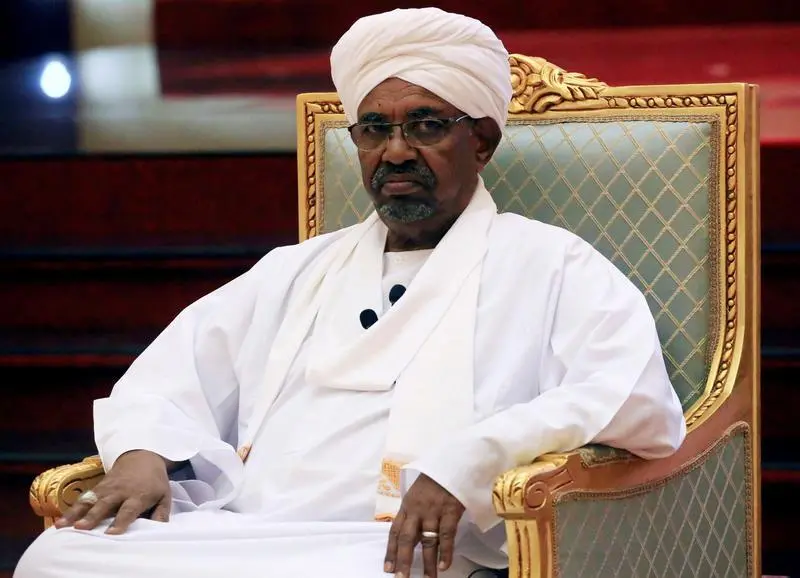
Sudanese authorities are looking to re-arrest former key leaders who broke out of prison in the early days of the conflict in Sudan, as opponents warn of their moves to regain power, according to local media.
The conflict lasting over three months between the Sudanese army and the Rapid Support Forces (RSF) has been characterized by the RSF leadership, politicians, and certain observers as an endeavor to stage a comeback by the regime of former autocrat Omar al-Bashir.
According to documents from Kassala province dated July 25, officials are being instructed to arrest Ahmed Haroun, Ali Osman Mohamed Taha, and three other individuals who held top positions during Bashir’s three-decade rule.
The five individuals, along with others, managed to escape from Khartoum’s infamous Kober Prison, where they had been held since 2019, when the army and RSF toppled Bashir following months of protests.
Bashir, who, along with Haroun, is wanted by the International Criminal Court on charges of crimes against humanity in Darfur, had been residing at a military hospital.
During that time, Haroun stated in a voice recording that the officials would assume responsibility for their own protection and would surrender themselves when the courts resumed functioning.
Since then, there have been no reports about his whereabouts, but eyewitnesses claim to have seen him in late July in the town of Medani, located south of Khartoum.
On Friday, Commander of the RSF General Mohamed Hamdan Dagalo said that Haroun had assumed control of the army and security forces in Kassala and Gadaref states, two states in eastern Sudan that are still under army control.
In June, international media reported that thousands of intelligence operatives who were active under Bashir were participating in the fighting alongside the Sudanese army.
In a statement, civilian politician Yasir Arman cautioned that members of Bashir’s National Congress Party were seeking to take part in peace talks facilitated by African countries.
